Importance of hosting venues in Coppa Italia
When it comes to hosting the prestigious Coppa Italia matches, careful consideration is given to various factors. The chosen venues must meet specific requirements, including capacity, facilities, and location. Stadiums with a high seating capacity are generally preferred to accommodate the large number of passionate fans.
The atmosphere created by the fans plays a crucial role in enhancing the overall experience of the tournament. The hosting venues are expected to provide a vibrant and energetic atmosphere, encouraging the supporters to cheer for their favorite teams. This electrifying environment adds to the excitement of the matches and contributes to the tournament's overall success.
Furthermore, hosting a Coppa Italia match provides an opportunity for cities to showcase their sporting culture and attract visitors. It allows them to highlight their infrastructure, hospitality, and ability to organize large-scale events. The positive exposure gained from hosting such matches can significantly boost the city's reputation in the sporting world and attract further sporting events in the future.
Criteria for choosing hosting venues
The Italian Football Federation (FIGC) strives to choose venues that are easily accessible for both teams and supporters. The location should be well-connected by public transportation and offer ample parking facilities. This ensures that fans and players can reach the stadium conveniently, minimizing any logistical challenges.
Additionally, the hosting venues must comply with safety regulations and provide adequate security measures for the players, officials, and spectators. The safety and well-being of everyone involved are of utmost importance, and the chosen venues must demonstrate their ability to meet these requirements.
The facilities within the hosting venues are also carefully evaluated. These include amenities such as locker rooms, medical facilities, media areas, and VIP lounges. The availability of these facilities ensures that the teams and other stakeholders have a comfortable and efficient experience during their time at the venue.
The role of infrastructure in venue selection
The infrastructure surrounding the hosting venues is a crucial aspect considered during the selection process. The availability of hotels, restaurants, and other accommodations nearby allows for convenient lodging and catering options for the teams, officials, and supporters.
Additionally, the hosting venues should have good connectivity to major transportation hubs, such as airports or train stations. This makes it easier for teams and supporters traveling from different parts of Italy or abroad to reach the stadium without any hassle.
The overall infrastructure of the hosting city and its ability to handle large crowds also play a significant role. The capacity of nearby roads, public transportation systems, and other facilities are taken into account to ensure smooth traffic flow and a seamless experience for everyone involved.
Historical significance of certain venues in Coppa Italia
Certain venues hold a special place in the history of Coppa Italia. These iconic stadiums have witnessed some of the most memorable moments in Italian football history. The historical significance of these venues adds an extra layer of excitement and nostalgia to the matches played there.
For example, the Stadio Olimpico in Rome is home to both Roma and Lazio and has hosted numerous Coppa Italia finals over the years. Its grandeur and rich history make it an ideal choice for hosting high-stakes matches. Similarly, the San Siro stadium in Milan, shared by AC Milan and Inter Milan, has witnessed intense battles in the tournament, creating lasting memories for the fans.
The selection committee recognizes the value of these historically significant venues and takes into account their cultural and emotional significance. Choosing such venues allows for a deeper connection between the tournament and the heritage of Italian football.
The process of bidding for hosting rights
The process of bidding for hosting rights starts well in advance of the actual tournament. Interested cities and stadiums submit their proposals to the FIGC, outlining their capabilities and advantages as potential hosting venues. These proposals are evaluated based on various criteria to determine the most suitable options.
The bidding process involves a comprehensive assessment of each proposal, considering factors such as infrastructure, facilities, location, and historical significance. The selection committee carefully reviews all submissions before making their final decision.
Factors considered by the selection committee
The selection committee takes into account several factors when deciding on the hosting venues for Coppa Italia matches. These factors include:
1. Capacity: The seating capacity of the stadium is a crucial consideration, as it determines the number of fans who can attend the matches. Larger stadiums are generally preferred to accommodate the significant demand for tickets.
2. Facilities: The hosting venues must provide state-of-the-art facilities that meet the requirements of the teams, officials, and media. These facilities include locker rooms, medical facilities, media areas, and VIP lounges.
3. Location: The accessibility of the hosting venue is essential to ensure that teams and supporters can reach the stadium conveniently. Easy access to public transportation and parking facilities are key factors in the decision-making process.
4. Safety and security: The safety and security of everyone involved in the matches are of paramount importance. The hosting venues must demonstrate their ability to comply with safety regulations and provide adequate security measures.
5. Infrastructure: The overall infrastructure of the hosting city, including accommodations, transportation systems, and crowd management capabilities, is taken into account to ensure a smooth experience for all.
Challenges faced in choosing hosting venues
Selecting the hosting venues for Coppa Italia matches is not without its challenges. One of the primary challenges is striking a balance between the demand for tickets and the seating capacity of the stadiums. The popularity of the tournament often results in high demand, making it crucial to choose venues that can accommodate as many fans as possible.
Another challenge lies in ensuring the suitability of the hosting venue for broadcasting and media coverage. The stadiums must have the necessary infrastructure to support live broadcasts and provide optimal working conditions for journalists and media personnel.
Additionally, the selection committee must consider the financial implications for the hosting city and stadium. The costs associated with hosting matches, including security, infrastructure upgrades, and promotional activities, must be carefully evaluated to ensure a sustainable and mutually beneficial partnership.
Success stories of previous hosting venues
Over the years, several hosting venues have emerged as success stories in the history of Coppa Italia. These venues have consistently delivered exceptional experiences for players, officials, and supporters, making them highly sought after for hosting matches.
For example, the Stadio San Paolo in Naples has gained recognition for its passionate atmosphere and vocal supporters. The enthusiasm and energy of the fans create an electrifying environment that adds to the overall excitement of the matches.
Similarly, the Juventus Stadium in Turin has established itself as a top-tier hosting venue. Its modern facilities, excellent infrastructure, and rich history make it a preferred choice for significant matches in the tournament.
These success stories serve as inspiration and benchmarks for aspiring hosting venues, highlighting the key elements that contribute to a memorable and successful hosting experience.
Selecting the hosting venues for Coppa Italia matches is a meticulous process that considers various factors, including capacity, facilities, location, and historical significance. The chosen venues play a crucial role in creating a vibrant and exciting atmosphere for players and supporters alike. By showcasing their sporting culture and infrastructure, hosting cities have the opportunity to boost their reputation and attract further sporting events. The selection committee faces challenges in balancing demand, ensuring safety and security, and evaluating financial implications. However, success stories from previous hosting venues provide valuable insights and inspiration for future candidates. So, the next time you witness a thrilling Coppa Italia match, remember the thought and effort that goes into choosing the perfect hosting venue.
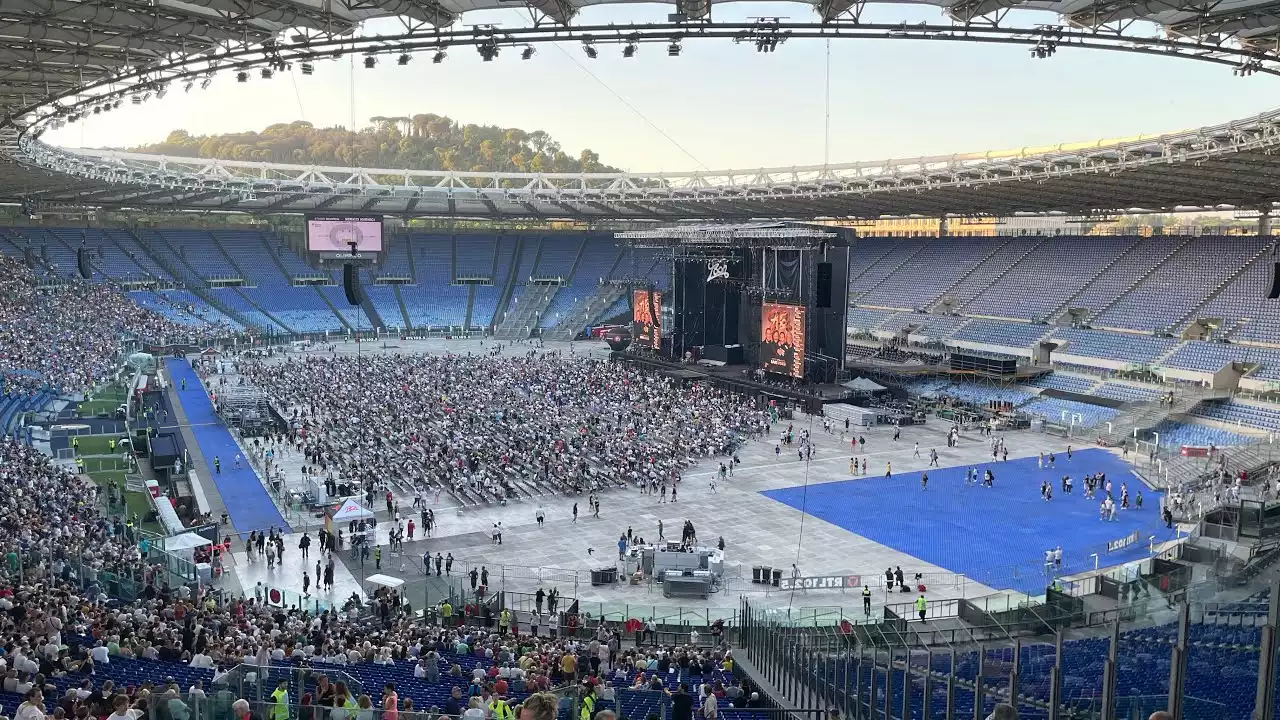
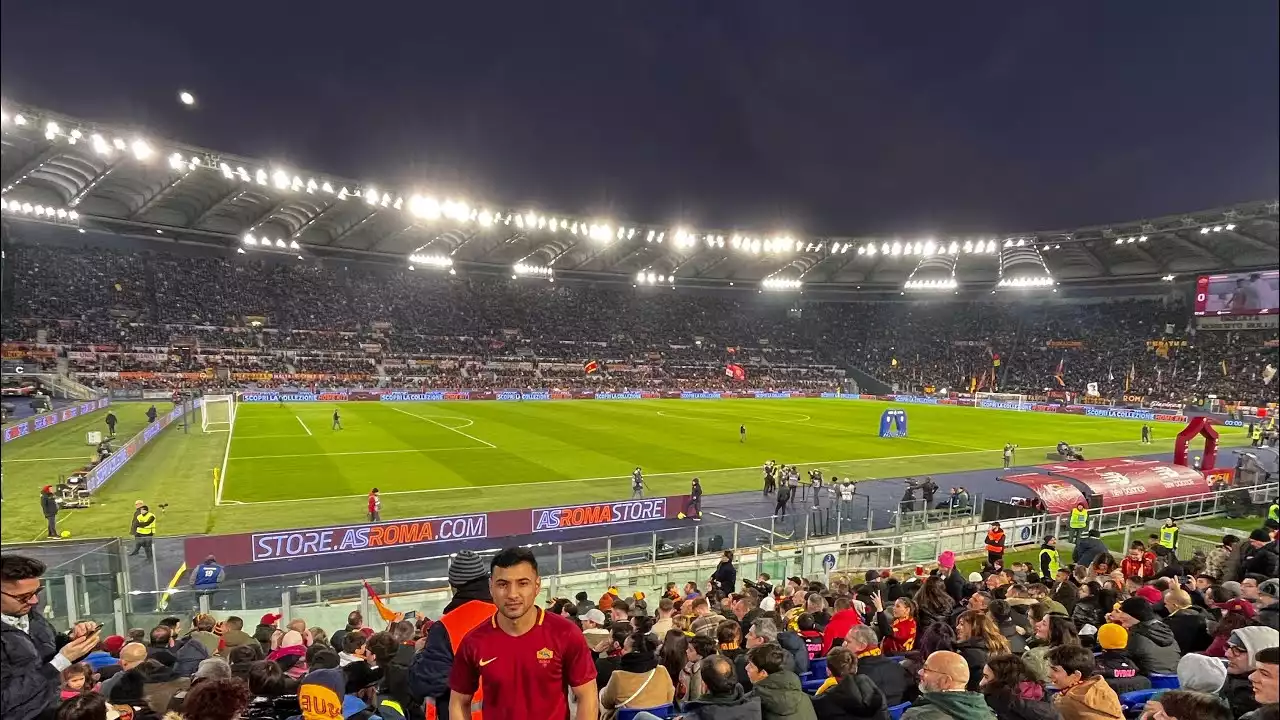
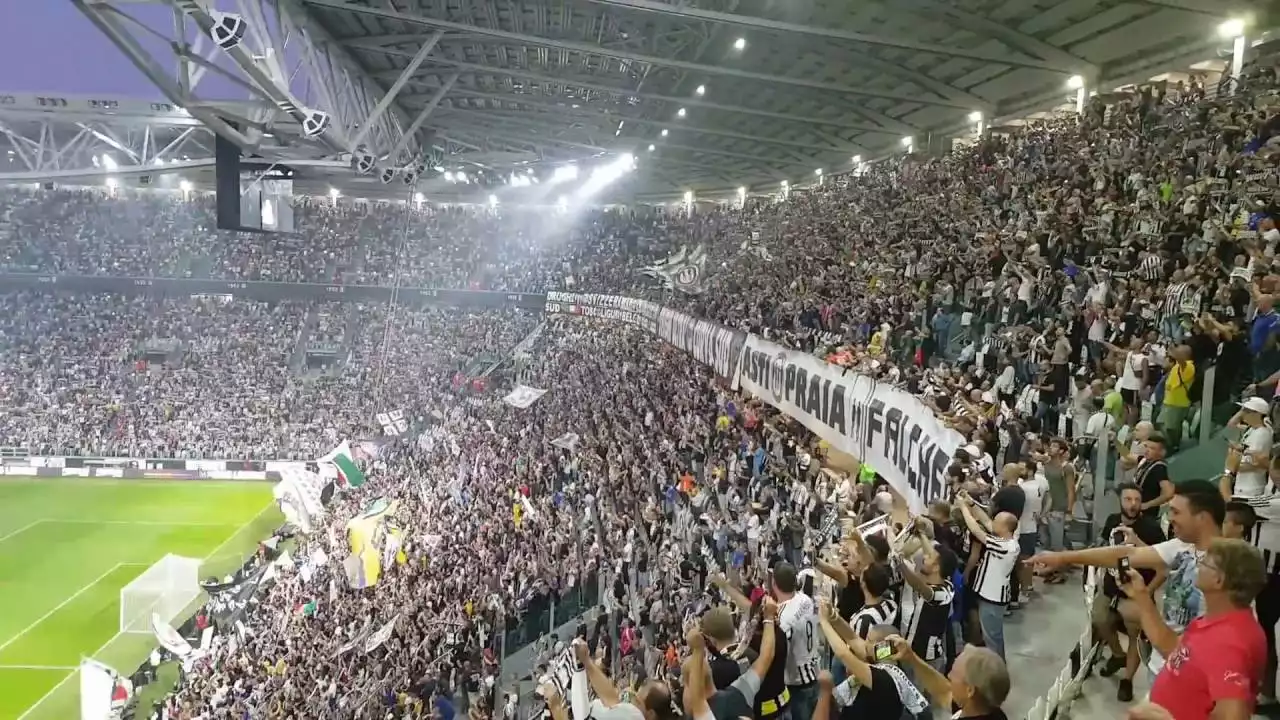
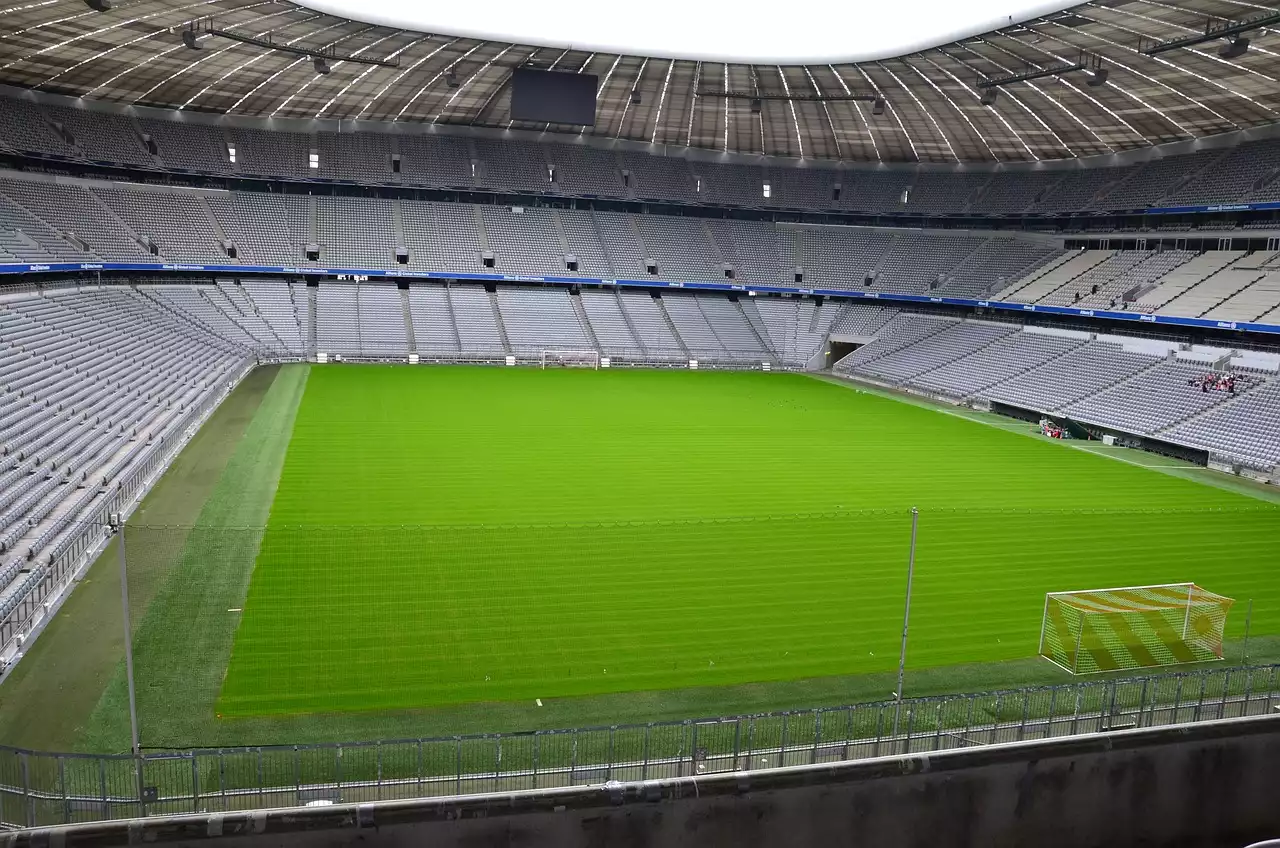
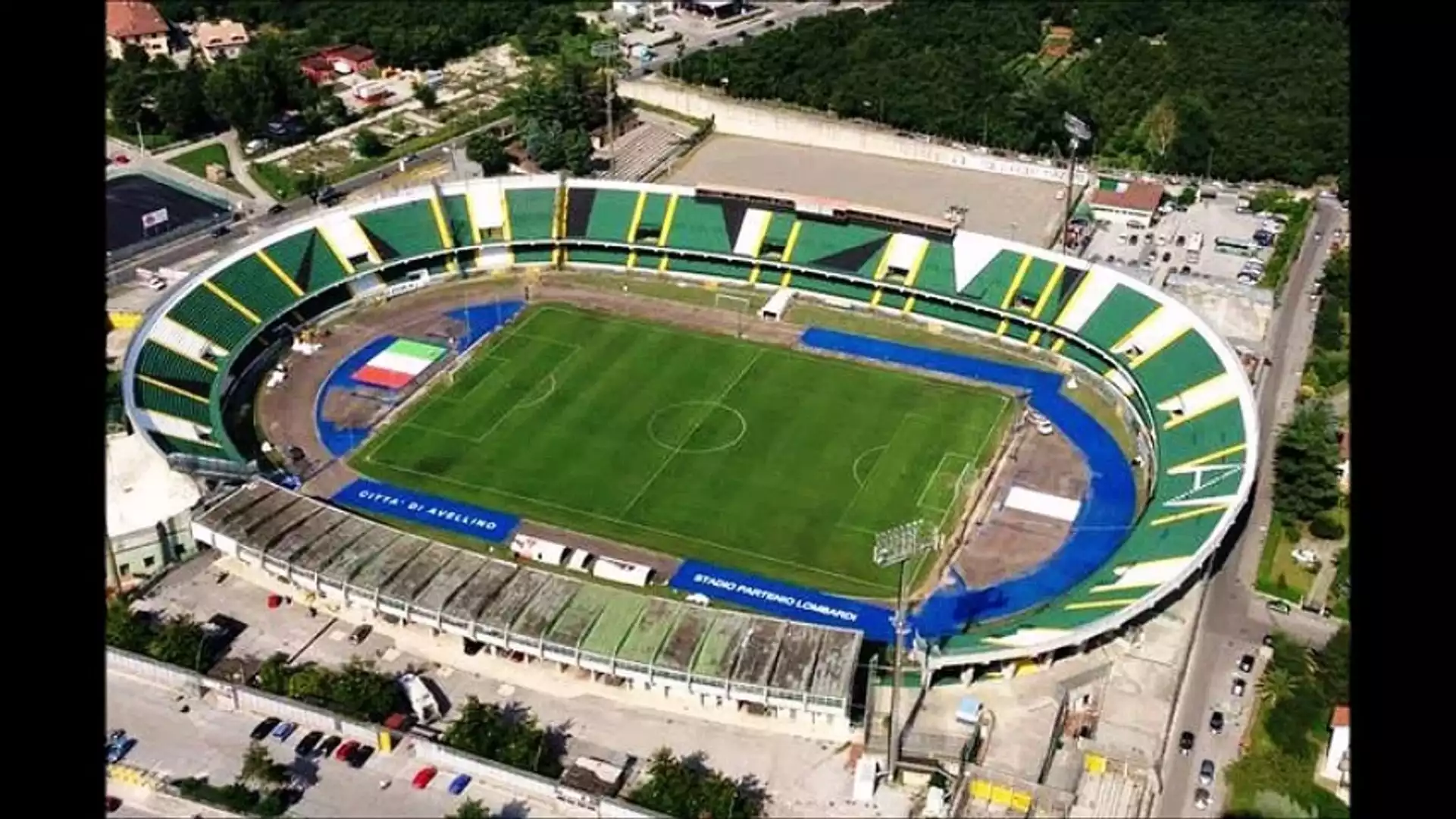

.png?size=50)


